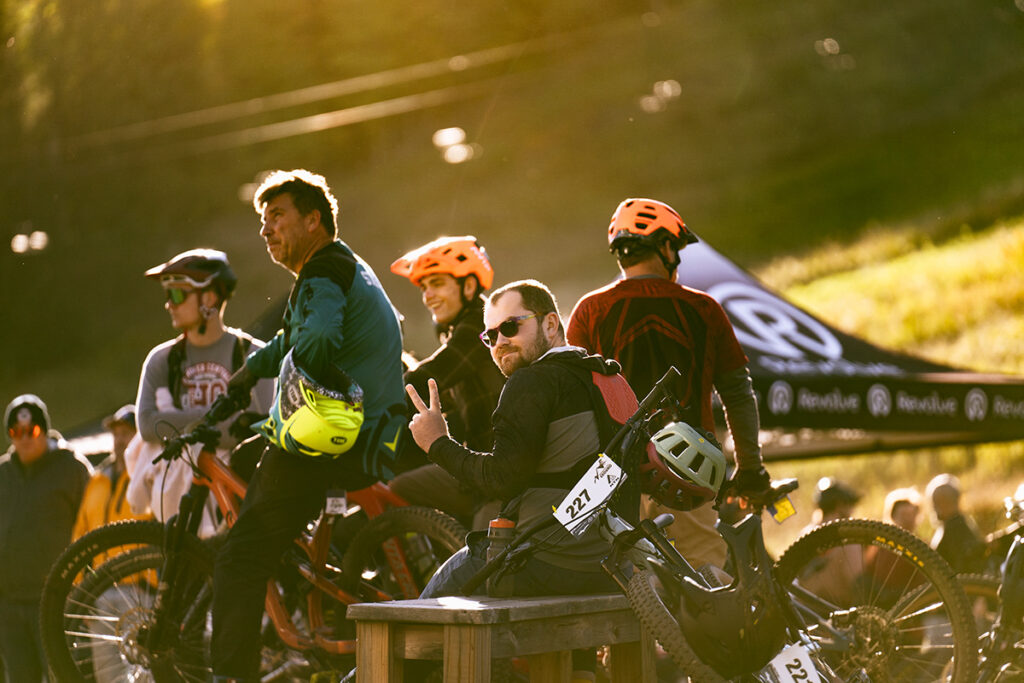In October 2023, Tom Stellman and I participated in Philanthropy Southwest’s 75th Annual Conference, an assembly of philanthropic leaders focused on collaborative excellence. As a strategic planning firm that often works at the intersection of economic and community development, being part of a panel titled “Philanthropy and Economic Development” was a natural fit with TIP’s community-driven, holistic approach. Joined by Kari Blakely, Vice President of Foundation Management Inc., and Jenny Moore, President of Tinworks Art, the panel focused on the contributions economic development makes to the quality of life in every community. Tom and I presented our previous work with several philanthropic efforts, with an emphasis on our recent project in Muskogee, Oklahoma.
During the panel presentation, I led a deep dive into our work on Muskogee Forward, a community economic development strategic plan prepared for the City of Muskogee Foundation. Intended as a blueprint to build long-term economic vitality in the region, the work was informed by data analysis and, most importantly, community input, with multiple touchpoints throughout the planning process. The plan centered on five consensus-based catalyst projects designed to reinforce each of the city’s five major goals: collaboration, business development, talent development, placemaking, and marketing. The first goal—improving collaboration to break down entrenched economic development silos—was a significant focus throughout the plan. In keeping with this commitment, the implementation process adopted a collective impact approach. The City of Muskogee Foundation is serving as the convener and backbone organization while stakeholder implementation teams are tracking and reporting to the community progress toward accomplishing the Muskogee Forward goals.
In addition to presenting, I was able to attend breakout sessions to get an understanding of how philanthropists are thinking about their community impact and the points of convergence between philanthropic efforts and economic development. Sessions were organized around six tracks: ethics and grantmaking; finance, governance, and law; grantmaking practice areas; innovative philanthropy and trending topics; racial equity and inclusion; and rural philanthropy. Diversity, equity, and inclusivity emerged as a clear theme for philanthropic leaders grappling with the most effective ways to meet needs and minimize disparities across historically under resourced communities.
My takeaways from the conference focused on equitable data practices and the impact of economic growth on community equity and sustainability, which are of equal concern to philanthropy and economic development.
Current practices related to measurement and evaluation may not be as equitable as they seem.
Data evaluators noted that their field, often perceived as objective, is inherently influenced by societal, organizational, and individual values. In philanthropy, a common practice involves employing “objective” third-party evaluators to measure program success, but this is a Western research method that lacks accountability. Some philanthropic circles are shifting towards community advisory boards for evaluation, rejecting the myth of inherent data objectivity. This myth can marginalize groups and hinder evaluations that capture the impact being made. Philanthropy, much like economic development, should be democratized and locally driven, avoiding exclusivity. Equitable evaluation demands a close examination of who is at the table making decisions.
High growth economies, like Austin (the conference location), increasingly face equity and sustainability challenges.
Amplified by the fact that the conference took place in Austin, the impact of high economic growth on a community was another major topic of discussion. Austin technology leaders highlighted the positive outcomes of the city’s economic boom, including the emergence of innovation and entrepreneurship in solving big problems through venture capitalism and private equity funding, a thriving mentorship network for entrepreneurs, and improved access to education and best practices. However, they also acknowledged the negatives, such as economic disparity and sustainability challenges. To address these challenges, Austin leaders emphasized the need for investments in the future workforce to ensure sustainable growth and prevent community members from being left behind. While Austin has improved accessibility in the entrepreneurship space, networking still requires connections. Leaders discussed the power of collective responsibility among public, private, and nonprofit partners, urging corporate leaders to be transparent about available resources and to collaborate with higher education for effective networking. Unifying the collective efforts of community stakeholders will require practitioners to broaden traditional perceptions of economic development to recognize its contributions to social development and its role in closing the wealth gap. A holistic, community-led approach tailors solutions to each community’s distinct needs instead of adopting one-size-fits-all solutions.
The Philanthropy Southwest conference not only celebrated 75 years of impactful philanthropy but also propelled discussions on the future of equitable and sustainable practices. These takeaways echo the broader narrative of the evolving landscape in both philanthropy and economic development. Moving forward, the emphasis on inclusivity, community-driven approaches, and collective responsibility will shape the future of philanthropic endeavors and their impact on communities. TIP Strategies remains committed to navigating these frontiers and contributing to ongoing cross-sector dialogue for positive and equitable change.



